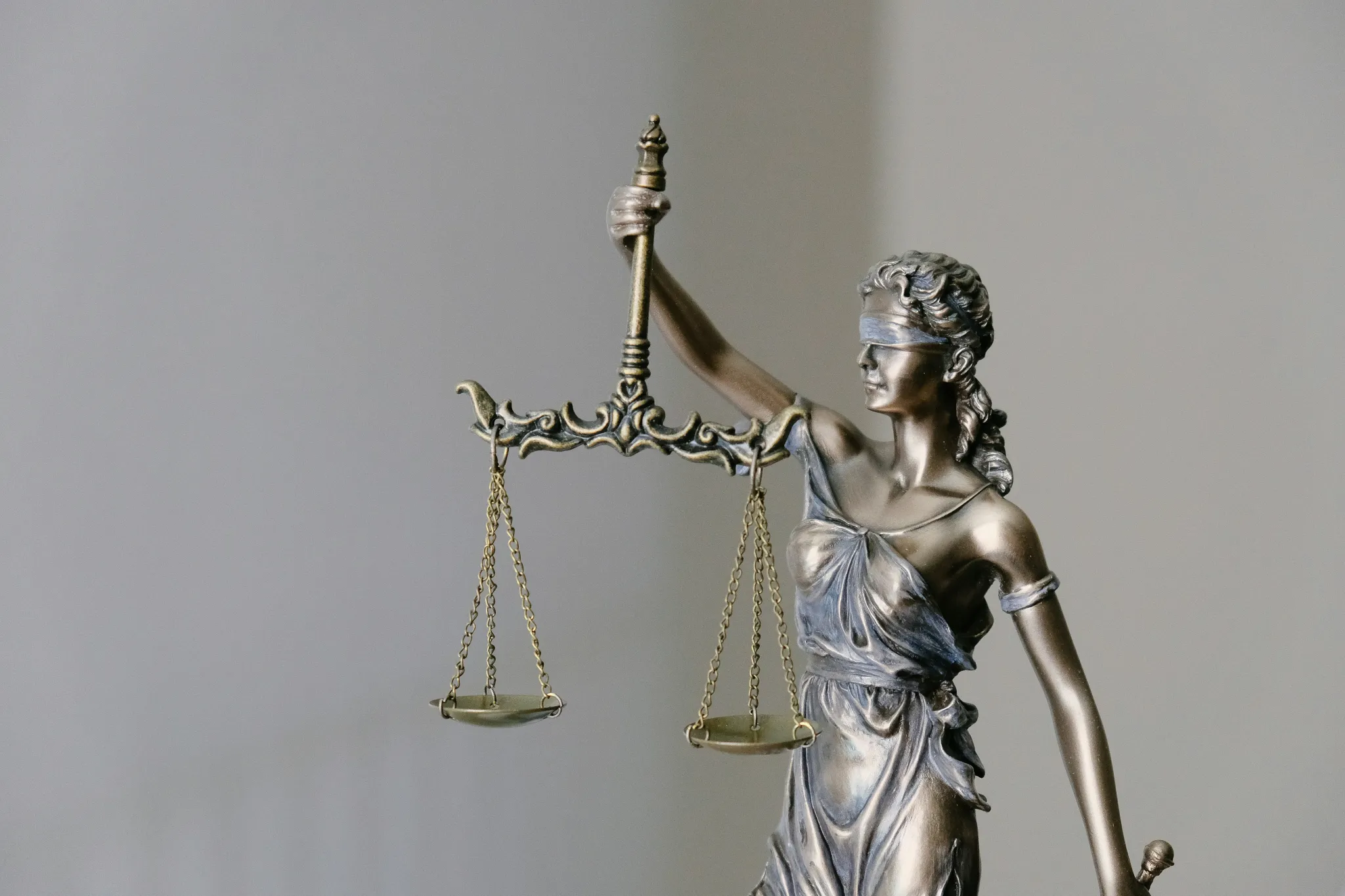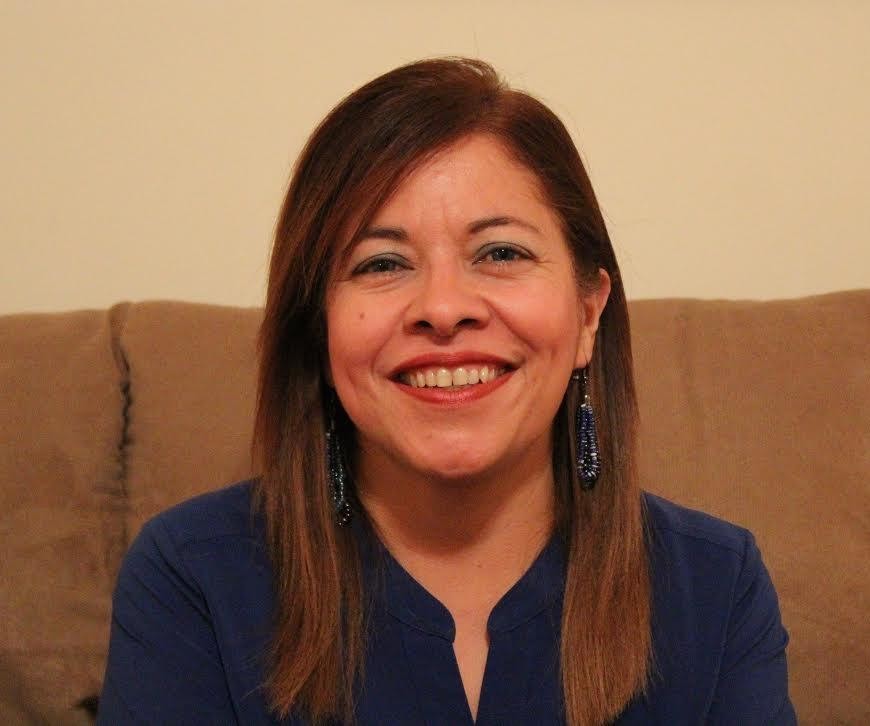Latin America’s “Achilles’ heel”: An interview with expert Dr Dinorah Azpuru, on the rule of law, democracy and democratic education in the region

International IDEA’s Global State of Democracy Indices show a scenario of little democratic growth in Latin America. The latest data shows that Rule of Law is a particular area of concern.
To better understand the data, we spoke to Dr. Dinorah Azpuru. Dr. Azpuru is a Political Science Professor at Wichita State University (Kansas, USA), and recently authored the book Explaining Support for Populism in Contemporary Latin America. Part of Dr. Azpuru’s analysis has been published in the Democracy Tracker’s Americas regional page.
Why do you think the LAC region is particularly vulnerable to declines in Rule of Law? In your opinion, how does insecurity contribute to declines in other aspects of Rule of Law?
One could say that the rule of law is Latin America’s “Achilles’ heel”, but it is important to do a case-by-case analysis. The region's three liberal democracies, Chile, Costa Rica, and Uruguay, continue to perform strongly, all with a score of 0.72 in 2023 according to International IDEA’s Indices and interactive map. In these countries, laws are enforced more consistently, including those against corruption. Most countries in the LAC region perform in the mid-range. At the other extreme is Haiti, a fragile state with very deep issues, Cuba, Nicaragua, and Venezuela, all performing in the low range.
Overall, the decline in the rule of law may be occurring because politicians with authoritarian tendencies have learned how to co-opt institutions, especially those of the justice system. In the case of Guatemala, the negative impact of that co-optation on democracy has been huge. President Nayib Bukele has also co-opted judicial institutions in El Salvador, but he has the advantage of having high approval levels. Nicaragua is an outrageous case because independent institutions no longer exist there; they are all aligned with President Daniel Ortega and his wife, Vice-President Rosario Murillo, and what they say is the law.
Security, on the other hand, is an issue that has become increasingly important in South America in recent years. Although there has always been insecurity, Ecuador, was a relatively safe country compared to Central America until a few years ago. Insecurity was a huge problem in Guatemala, El Salvador, Honduras, and to some extent Mexico. But now, large-scale drug trafficking and retail drug trafficking have penetrated other countries, and even consumption has increased. This has caused more insecurity, making people feel more insecure than they did a few years ago.
In all countries in the region, real or perceived insecurity has been increasing exponentially and institutions have not been able to respond adequately. This affects the legitimacy of elected governments in several countries. Furthermore, it impacts democracy more broadly.
Certain recent events in the region seem to indicate that in some countries people are willing to give up certain rights in exchange for public goods such as security. What does this say about democracy in Latin America?
I'm not sure “give up” is the right term. In El Salvador the security situation before Bukele was terrible, which made it difficult to exercise political rights. Polls on Bukele, one of the case studies in my book, reveal that people support him, but not only for security reasons. Security was the “gateway” through which he approached the population. But when you break down Bukele's approval ratings, you can see that people believe he is doing things well, controlling corruption, managing the economy and poverty well, investing money well and that he is being effective. Whether it is reality or just what he promotes on his social media, people believe him. Beyond security, his actions are well-regarded by citizens. However, this has been accompanied by the autocratization of the country. He may not be able to maintain this level of approval in the future, but other populist presidents in Latin America have been able to maintain high levels of popularity for many years.
In general, people in Latin America support democracy. By this I mean the diffuse concept of democracy (the idea that democracy is better than anything else), although support has stagnated, according to LAPOP (the Americas Barometer at Vanderbilt University). In contrast, Latin Americans express low satisfaction with democracy—except for countries ruled by populist presidents. One has to be careful not to conflate satisfaction with democracy with good democratic performance. Citizens are satisfied with democracy for the wrong reasons: because they associate their satisfaction with the approval of populist leaders, even if they act undemocratically.
In the research for my book, I found that citizens who approve of their populist president often believe that the president should be able to limit the opposition and should be able to shut down Congress in the event of a crisis. That is totally contrary to democracy. Unfortunately, there are still deeply rooted authoritarian political culture values in Latin America, and many people tend, erroneously, to see democracy simply as the free election of a president and are willing to give him a blank check as long as problems are solved. The delegative democracy that Guillermo O'Donnell described many years ago still prevails today, especially in countries governed by populists.
Surveys have found signs of dissatisfaction with democracy in the LAC region, yet the GSoD data shows stable performance (mid-range to high) in the category of Participation. Why do you think this is? Do you see this as a sign of hope?
Satisfaction with democracy should not be necessarily associated with participation. They are independent categories. As I explained above, citizens in countries governed by populists are typically more satisfied with democracy.
In recent years in Latin America, we have seen more protests, more people taking to the streets, and greater organization. In some cases, like Chile, at least people have seen that representative democracy is an outlet to express themselves. In other countries, there has been more repression and certain groups participate, but not others.
Robert Dahl, who is considered by many scholars to be the father of modern democracy as we know it, said that participation is crucial. And it is: electoral participation, participation in groups, civil society, etc. is essential. People who get involved and participate politically may do so because they are against corruption or insecurity. However, not all forms of participation are positive: some people participate politically because they blindly support a leader with undemocratic credentials. In many countries, even in Europe or the United States, many people who had never participated in politics now participate, but they do not necessarily vote for candidates or parties with democratic credentials, and some people participate in non-democratic ways. That is why democracy education is key so that people understand that democracy is much more than electing a president.
In short, participation is extremely important, but it should not be idealized.
Are there any other trends you find noteworthy?
One of the problems of democracy in Latin America today is the lack of tolerance. Democracy means negotiation, that is, the middle ground. In practice, democracy means that people, especially elected representatives, must negotiate with others who have different ideas. However, the idea of negotiating is often seen in a negative light among Latin American citizens.
In fact, one of LAPOP's findings is that tolerance towards different opinions has decreased in Latin America.
Intolerance can be related to issues such as economic policies or security policies. But in Latin America, intolerance has also emerged regarding other very delicate topics and cultural issues such as abortion, same-sex marriage, or even feminism.
I believe that democratic education is the way to correct this situation because it involves knowing how to listen to people who do not think like you. But the task goes beyond individual citizens: organizations that believe in democracy should try to promote dialogue and tolerance. Not only political organizations, but also civil society, religious groups, business groups, traditional media, and any group that cares for democracy and believes that it is the best system for their country.
Note: This interview has been edited for length and clarity.
Disclaimer: Opinions expressed in this commentary are those of the author and do not necessarily represent the institutional position of International IDEA, its Board of Advisers or its Council of Member States.




